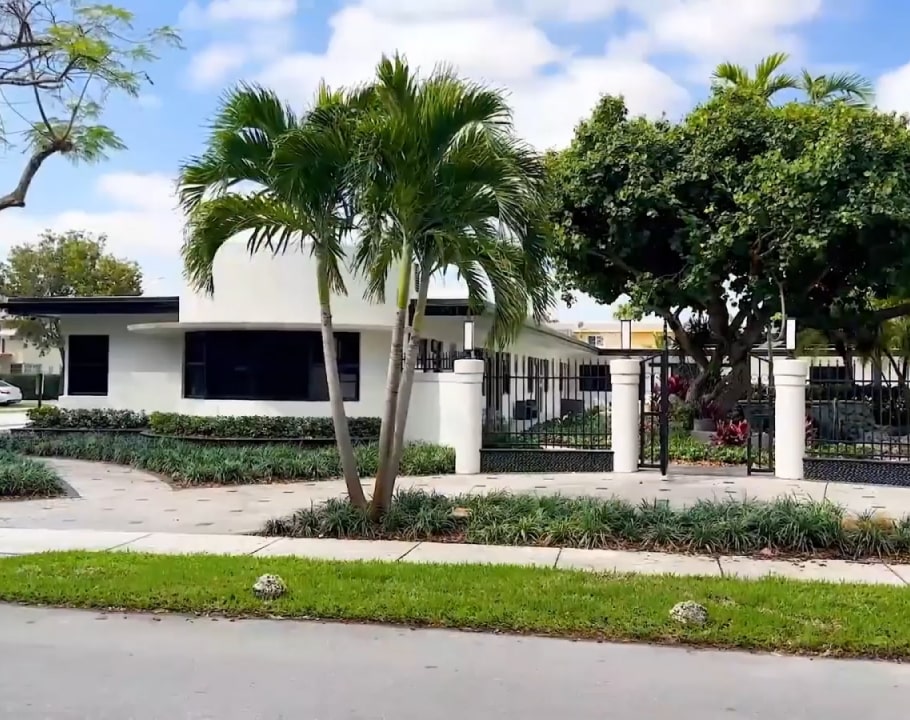Aetna is a large insurance company that serves roughly 22 million medical members. Its network stretches across much of the globe, with 1.2 million healthcare professionals, over 690,000 primary care doctors, and specialists, and over 5,700 hospitals. With drug and alcohol addictions becoming a major concern, Aetna has adjusted its programs to meet the needs of addicts and their families. Not only does the company provide coverage for addiction treatment services but also it encourages them.
Types of Aetna Plans
If you have Aetna insurance, you should have a number of options for substance abuse treatment. Open-access plans, copay-only plans, and high-deductible plans are all available through the insurance company. The type of plan you have will determine how much coverage you will receive for addiction treatment services.
- Open-access plans. These plans allow you to choose your doctor and don’t require a referral. They also don’t require you to have a primary care physician, which means you can schedule appointments with specialists without having a recommendation.
- Copay-only plans. Copay-only plans guarantee that the costs you have leftover from seeing a doctor will only be copays. Primary care doctor visits and generic medications are covered before you reach your deductible.
- High-deductible plans. These plans offer preventive care services before the deductible is reached as well as the option for a health savings account.
The quickest way to find out what your plan covers is by visiting Navigator, an online program that lets you view the details of your policy, including coverage, claims, provider info, and more. Aetna also has a virtual assistant named Ann who is available to answer questions regarding the website and logging in.
Treating Individuals with a Dual Diagnosis
Compassion Behavioral Health specializes in the treatment of those suffering from substance use and mental health disorders. All care is highly personalized and includes group therapy, individual therapy, cognitive behavioral therapy, and family therapy. Individuals also learn essential coping skills and relapse prevention strategies before completing treatment.
Unlike other treatment centers that have one track of treatment, Compassion Behavioral Health has two. Both tracks are for individuals with a dual diagnosis, but one focuses more on substance abuse while the other focuses more on mental illness. Even though mental health and addiction go hand in hand, we feel that it’s usually one aspect at the core of the problems.
Aside from our two tracks of treatment, Compassion Behavioral Health also offers three levels of care. These include:
- Partial hospitalization. Clients receive group, family, and individual counseling throughout the day and return to sober housing at night. Our Behavioral Health Technicians provide 24-hour care, and psychiatric and medical care are always available. This plan is typically more affordable than traditional inpatient rehab.
- Intensive outpatient. Our IOPs include weekly group and individual counseling. While it’s a lower level of care compared to our partial hospitalization, it offers the support and structure recovering addicts need in early recovery.
- Outpatient. Outpatient treatment is another step-down but helps recovering addicts stay on track with their goals. Expect a single session of the group and individual therapy each week.
What Types of Treatment Services Does Aetna Insurance Cover?
Compassion Behavioral Health gladly accepts Aetna insurance. Some of the things that Aetna health insurance may cover include:
- Detoxification. In some cases, drug and alcohol withdrawal can be managed in an outpatient setting. Inpatient detoxification may be covered depending on the drug, how much is being abused, how often it’s being abused, and the person’s mental health condition.
- Inpatient/residential rehabilitation. Inpatient programs are offered in hospitals, psychiatric hospitals, and addiction treatment facilities. Aetna screens treatment centers for quality before adding them to their networks. Those in in-network are covered, and therefore, recommended.
- Partial hospital treatment. This type of treatment is not as invasive as inpatient rehab, though it offers a higher level of care than outpatient treatment. Recovering addicts receive 4-8 hours of programming during the day and return to sober housing at night.
- Intensive outpatient treatment. IOPs meet several days a week, usually at night or when it’s convenient for the person. These programs help people work through stressors and triggers in early recovery.
- Continuing care programs. The treatment centers in Aetna’s network offer continuing care. By following through with this extra support and guidance, the risk for relapse is lowered.
Do You Have to Choose an In-Network Treatment Center?
What makes Aetna different from other insurance companies is that it offers coverage on an individual basis rather than setting a limit on the number of days a patient is in treatment. Realizing that no two people are the same, Aetna works with members on an individualized basis. They help members find a treatment solution that meets their unique needs.
How much an individual pays for treatment depends on the policy and the cost of the treatment center. Here is an example. Let’s say that you’ve chosen a rehab facility for 28 days. The cost of rehab is $15,000, but because the rehab is in-network, Aetna has negotiated a rate of $10,000. Assuming your deductible has been met, you would be responsible for 80 percent of the $10,000, or $2,000.
However, if you chose a treatment facility that wasn’t in Aetna’s network, your coinsurance would probably be higher. In these situations, Aetna typically covers only 60 percent, but again, it all depends on the specifics of your plan.
Addictions Can Cost More than $30,000 a Year. Choose Treatment.
Cost is one of the main barriers to treatment, but it shouldn’t be. The cost of maintaining an addiction is always significantly higher than a treatment program. Drugs and alcohol cost money. Some estimates are around $5,000 annually for alcohol use, $7,000 for marijuana, $32,850 for pain pills, $18,250 for heroin, and $5,200 for cocaine.
Aside from the actual cost of paying for drugs and alcohol, addiction takes a toll in other ways. It drains your personal relationships, your work performance, and your mental and physical health. Though the initial costs of treatment may seem out of reach, help is available, especially if you have Aetna insurance. You are in good hands.
If you have Aetna and are in need of treatment for yourself or a loved one, contact Compassion Behavioral Health at 844-503-0126. Your call is 100% confidential. One of our admissions coordinators will verify your insurance and determine what treatment is covered under your Aetna plan. Our admissions specialists are effective at helping people get the most treatment from their insurance. Compassion Behavioral Health is not contracted with Aetna, therefore bills Aetna for services at an out-of-network rate.










